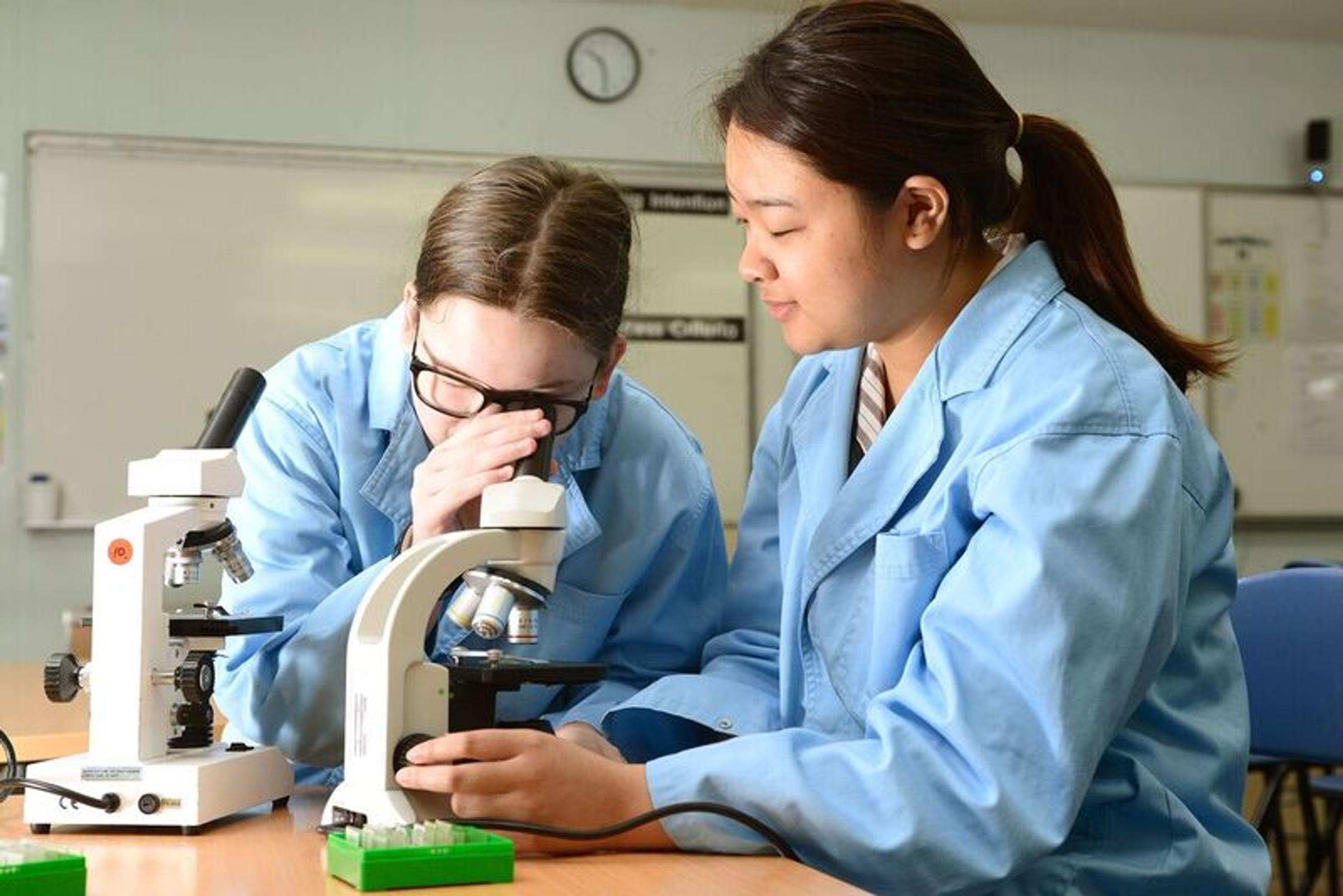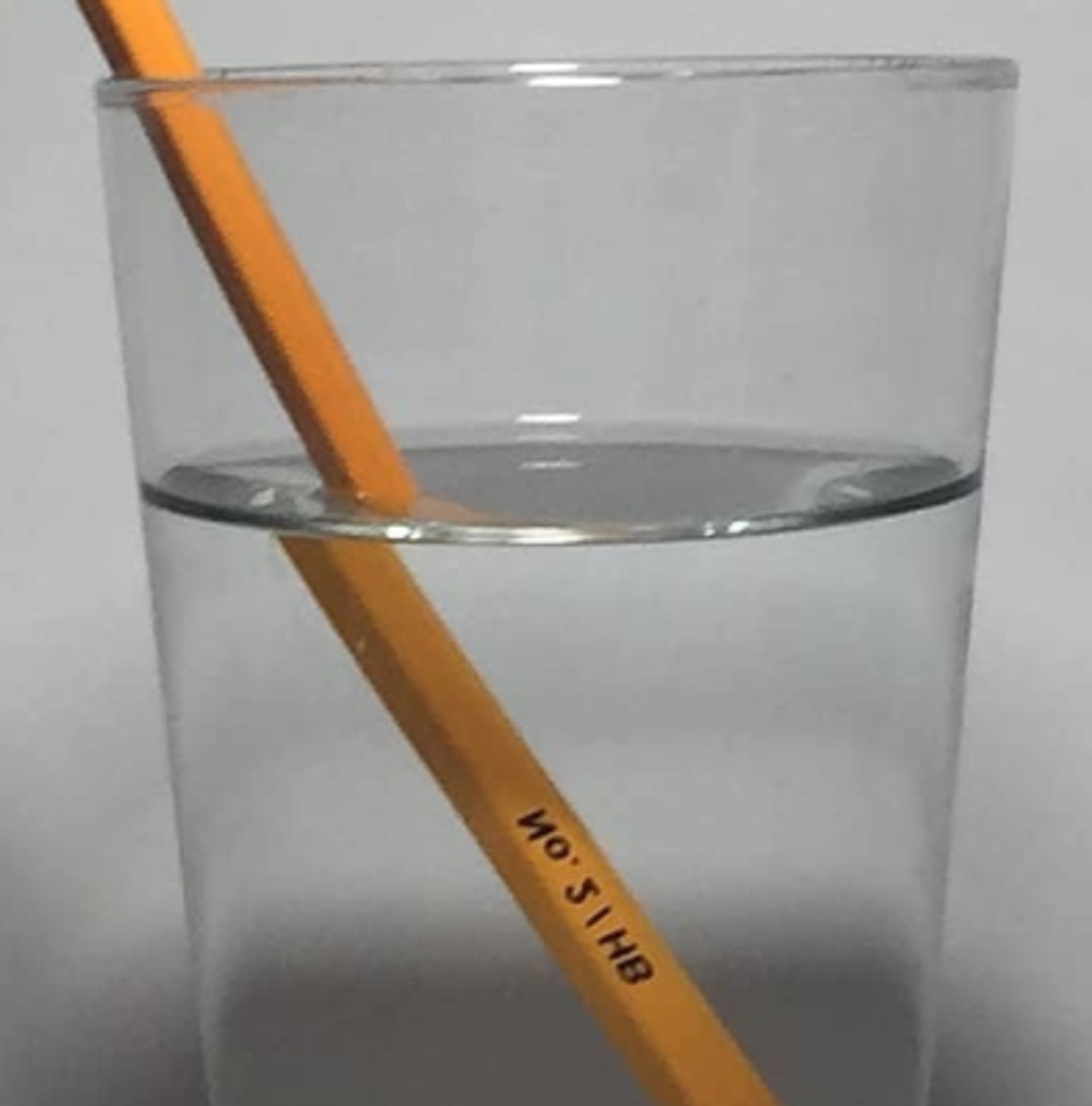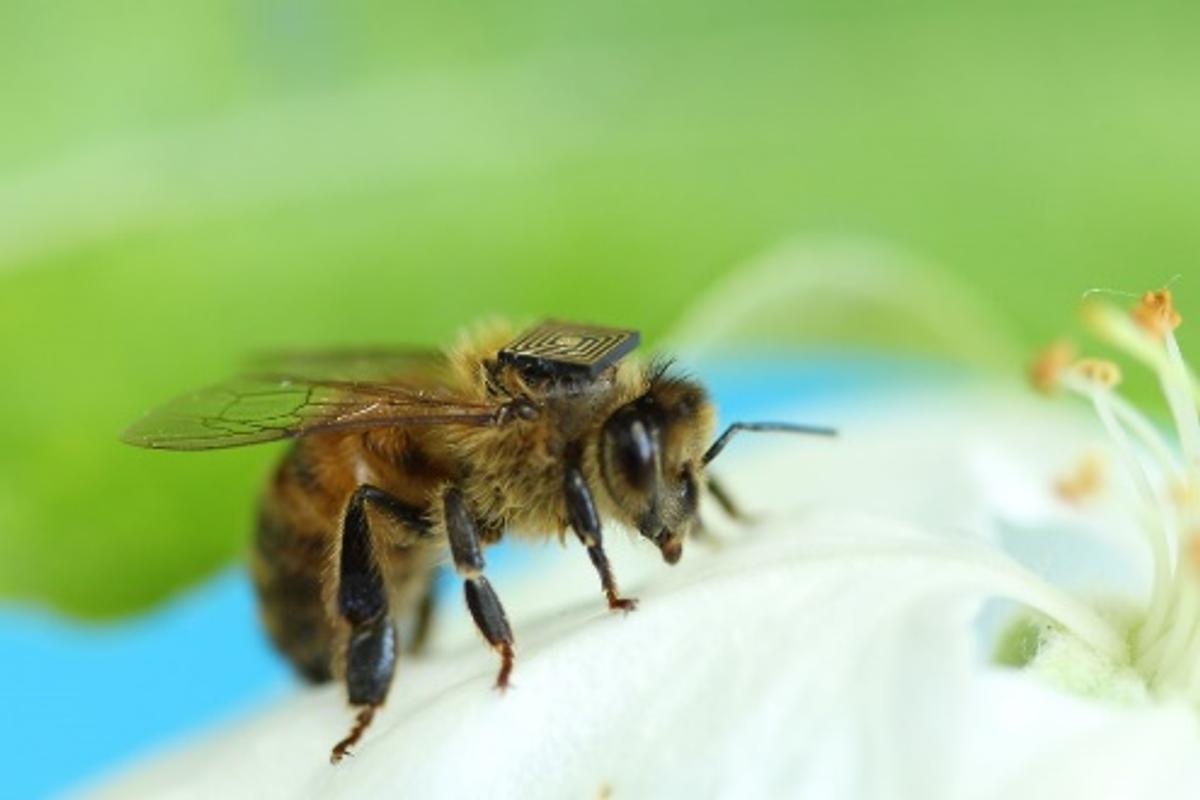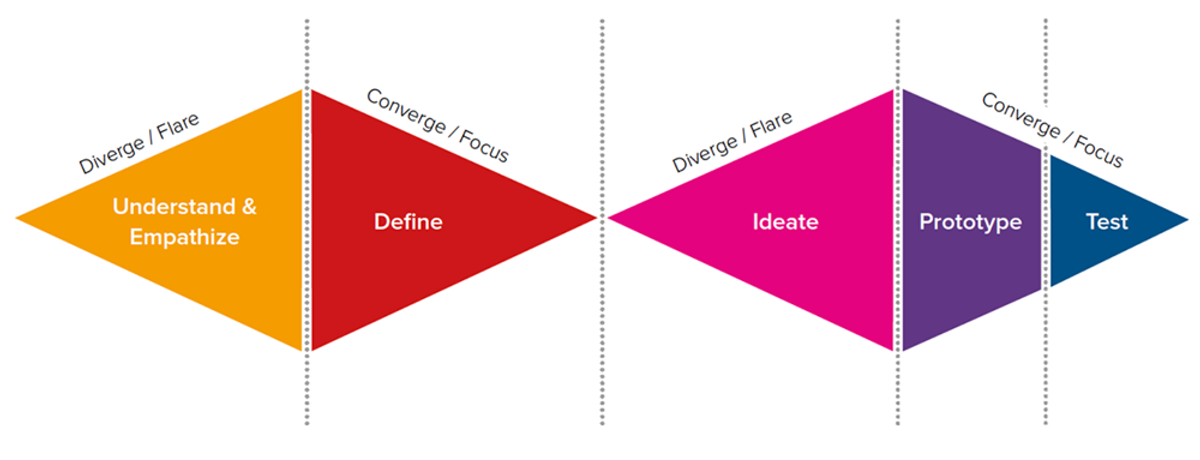Science Week

Science Week
Are you Smarter than an Eight Grader?
Like last year, Science week was celebrated during remote learning in 2021. While some planned activities have been postponed till later in the year, the Science Week daily quiz was back with students and teachers completing a four question quiz each day during Science week.
Thanks to all of those students who participated and it was wonderful to see great engagement from our students and staff.
There were clear winners in two categories:
In the Year 9 and 10 category, Heath Agar came out on top.
In her final year at Scoresby, Caitlyn Tilley took out the Year 11 and 12 category.
The Year 7 and 8 category was a very tightly contested affair with 3 students ending up tied on 16 correct answers out of 20. The three students were Abi Sathyaseelan, Zach Bissett and Emma Foden.
Well done to all of our winners and participants!
We thought you might enjoy testing your own knowledge on a selection of the quiz questions our students got right, so here are four of the best ones.
Question 1: Which of the following is not a form of electromagnetic radiation?
- Ultraviolet Light
- Infrared Light
- Gamma Radiation
- Beta Radiation
Question 2: Light bends when it goes from air into water, creating the broken pencil illusion. The name of this effect is called:
- Diffraction
- Refraction
- Reflection
- Interference
Question 3: What is the chemical symbol for Manganese?
Question 4: At what temperature is water a solid, a liquid and a gas at the same time?
Answers
Q1: D – Beta radiation is actually electrons (or anti-electrons commonly called positrons)
Q2: B – This is caused by refraction – light bending when it moves from one material (such as air) to another (such as glass or water) with a different optical density.
Q3: Mn
Q4: This is called the triple point of water and occurs at very low pressure and a temperature of 0.01oC.
Asi Big Science Competition 2021
Late in Term 2 a number of students in Years 7 – 10 competed in the ASI Big Science Competition, an international competition to challenge students’ critical thinking and problem solving skills as well as their scientific knowledge. Students compete against students from Australia and around the world in a challenging 50 minute quiz. This year we saw some outstanding results from a number of students across years 7 to 10.
The top 45% of participants are awarded a Credit, Distinction or High Distinction. Out of the Scoresby Secondary College competitors, 41% of students were awarded a Credit and 14% of students achieved a distinction. In addition, two students, Addison Jones of Year 7 and Harrison Voysey of Year 9, achieved a High Distinction. This is the highest award available and places those students in the top 5% of students competing in the Big Science Quiz. Congratulations to Addison, Harrison and all of our other competitors.
Credits were awarded to:
Tommy Bleakney, Hunter Russell, Kaylan Brownlie, Rebekah Howarth, Trinity Ward, Lachlan Day, Joshua Zammit, Lea Roe Briones and Robson Sorensen-Salman.
Distinctions were awarded to
Heath Agar, Madeline Willems and Zach Bissett.
High Distinctions were awarded to
Addison Jones and Harrison Voysey.
Bees with back packs
Year 10 Biology students are participating in the Bees with back packs Challenge. They have been working steadily to gain an understanding of factors that affect bees.
What is a back pack on a bee?
- Bees are tracked using high-tech micro-sensors that look like backpacks.
- Bees with Backpacks is a Victorian Government-funded program delivered in collaboration with CSIRO
- Expert STEM educators from Swinburne’s KIOSC teach students to analyse data and design solutions to challenges facing bees through online modules.
Why Bees?
Bees are vital to our ecosystems. Aside from producing honey, these incredible insects are key to the multi-billion-dollar agriculture industry.
However, bees are dying at such drastic rates they could be heading for mass extinction and scientists don’t know why.
Bees with Backpacks could help us uncover the risks and challenges faced by local bee populations, and what we can do to protect them, while also providing a unique learning opportunity for students.
What do students do?
Through Bees with Backpacks, students investigate the effects of stress factors for bees in their local area – such as disease, pesticides, diet, air pollution, water contamination, extreme weather and more.
Students acquire skills in data management and visualisation, technology, programming, robotics, marketing and more. Other skills include communication, collaboration, presentation skills, problem-solving and confidence in their ability to innovate.
At the end of the program, they come up with solutions using a design thinking process to compete in the Design Challenge.
What phase are students up to?
We are now at the ‘Design Challenge’ phase. Last Thursday students participated in an online Design thinking process lead by KIOSC. It was very exciting to see them formulating ideas that they can now further develop. Watch this space!!
Mr John Healy
Science Co-ordinator



